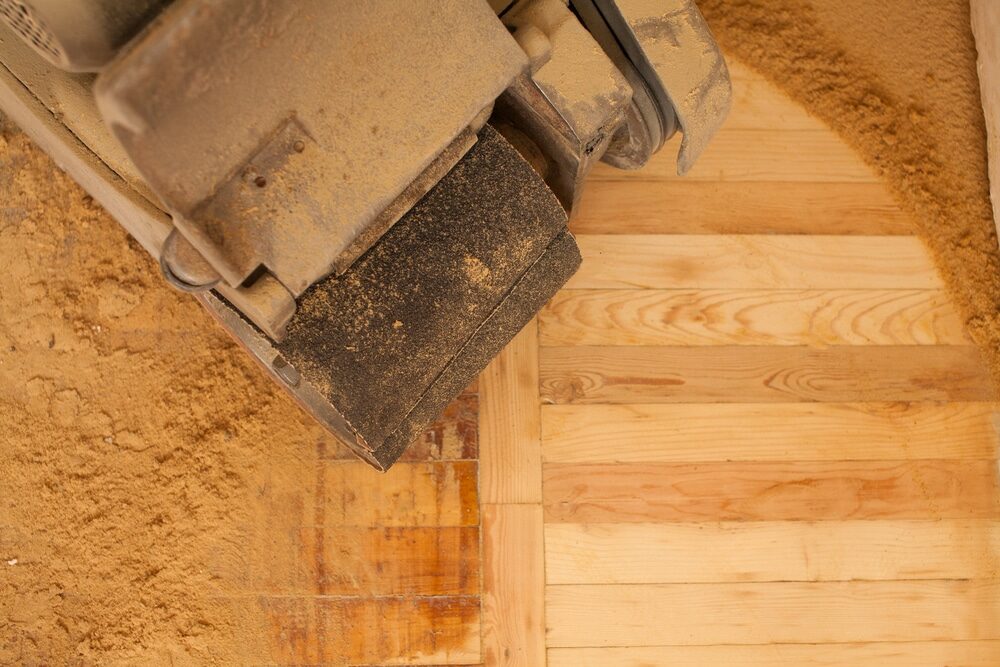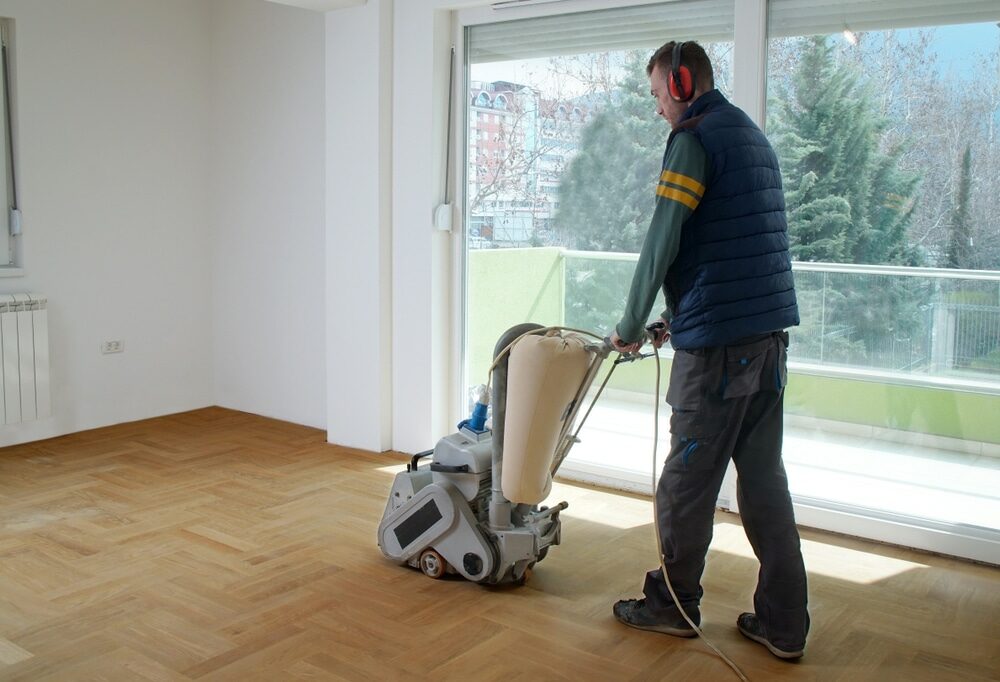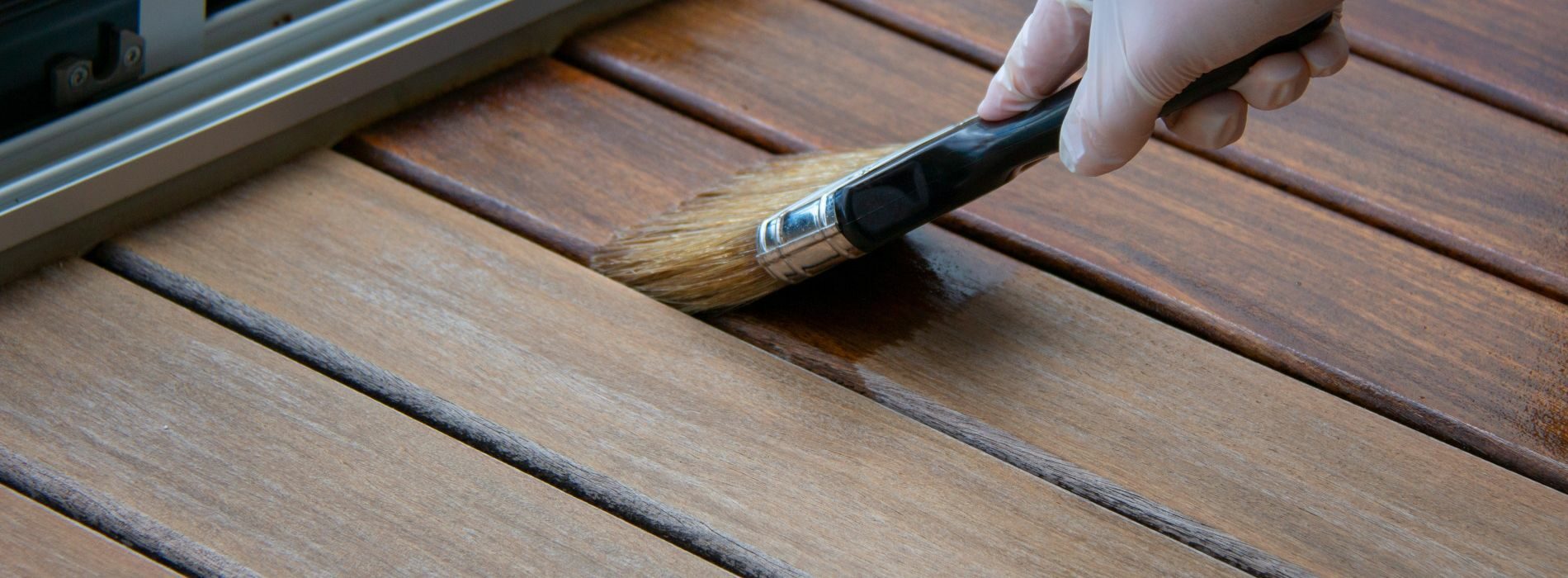London:
Nationwide:
Hardwood Floors & Allergies: A Detailed Look at the Health Benefits
Posted on May 12, 2023
Floor Sanding Services News
Hardwood Floors & Allergies: Unveiling the Health Advantages of Wooden Flooring
When you or a family member suffers from allergies, creating a home environment that doesn’t exacerbate these conditions becomes a top priority. One essential element to consider is your choice of flooring. This blog post will delve into the relationship between hardwood floors and allergies, providing you with valuable insights into how this type of flooring could be a beneficial choice for allergy sufferers.

The Allergy Problem
Allergies are a widespread health issue, affecting millions of people worldwide. These allergic reactions can be triggered by various allergens, including dust mites, pet dander, mold, and pollen. When these allergens are present in your home, they can lead to a host of uncomfortable symptoms, from sneezing and a runny nose to itchy eyes and asthma attacks.
Why flooring matters
Flooring plays a significant role in the concentration of allergens in your home. Certain types of flooring, particularly carpets, can trap allergens within their fibres, contributing to poor indoor air quality and potentially leading to more frequent or severe allergic reactions. On the other hand, some flooring types, such as hardwood, can help minimise the presence of these allergy triggers in your living space.
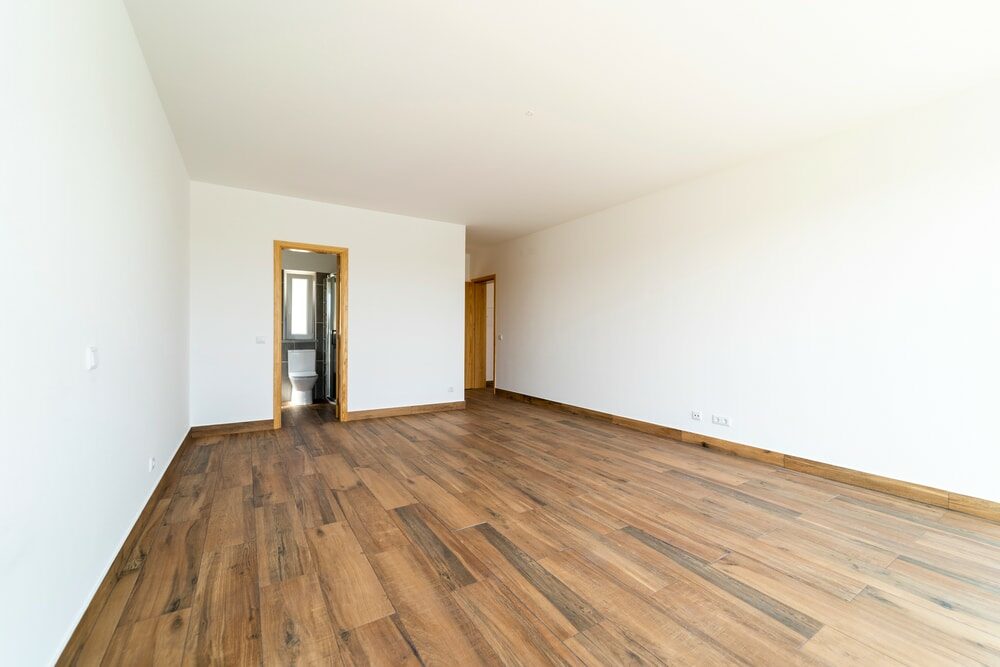
Hardwood Floors: An Allergy-Friendly Choice
Hardwood flooring is often recommended for households where one or more members have allergies. Here’s why:
1. Non-Porous Surface:
Hardwood floors have a non-porous surface, which means allergens cannot penetrate into the material and get trapped. This characteristic makes it easier to clean and remove allergens from hardwood floors, reducing the overall allergen load in your home.
2. Easy to Clean:
One of the main reasons hardwood floors are excellent for allergy sufferers is their ease of cleaning. A simple sweep or vacuum can effectively remove dust, pet dander, and other allergens from the surface. Regular cleaning thus ensures that allergens don’t accumulate, providing a healthier environment for allergy sufferers.
3. Mould and Mildew Resistant:
Unlike carpets, which can harbour mould and mildew in their fibres when exposed to moisture, hardwood floors are resistant to these fungi. This resistance is particularly beneficial for individuals who are allergic to mould and mildew.
4. Longer Lifespan:
Hardwood floors tend to last longer than many other types of flooring. This durability means that they don’t need to be replaced as frequently, reducing the amount of time your home is exposed to potential allergens and irritants associated with the installation process of new flooring.
5. No Off-Gassing:
Some flooring options can off-gas volatile organic compounds (VOCs) over time, which can trigger allergic reactions or other health issues. Hardwood floors, especially those finished with low-VOC or VOC-free finishes, do not have this problem.

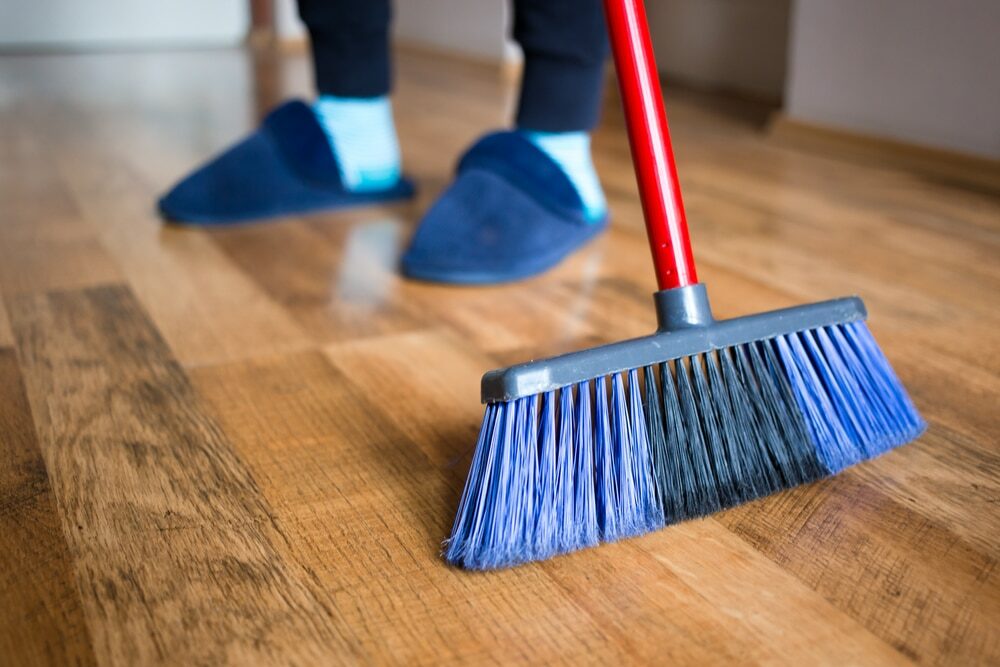
Maintaining Your Hardwood Floor
To reap the allergy-friendly benefits of hardwood floors, proper maintenance is crucial:
1. Regular Cleaning:
Regular sweeping or vacuuming is essential to keep allergens at bay. Consider using a vacuum with a HEPA filter, which is designed to capture even the smallest allergen particles.
2. Prompt Spill Cleanup:
While hardwood floors are more resistant to moisture than carpets, it’s still important to clean up any spills promptly to prevent water damage and potential mould growth.
3. Use the Right Cleaning Products:
Avoid using harsh cleaning products that could damage your floor or trigger allergic reactions. Opt for pH-neutral, non-toxic cleaners specifically designed for hardwood floors.
4. Refinish When Necessary:
Over time, the finish on your hardwood floor may wear away, making the floor more susceptible to allergen accumulation. If this happens, it’s time to refinish your floor to restore its protective layer.
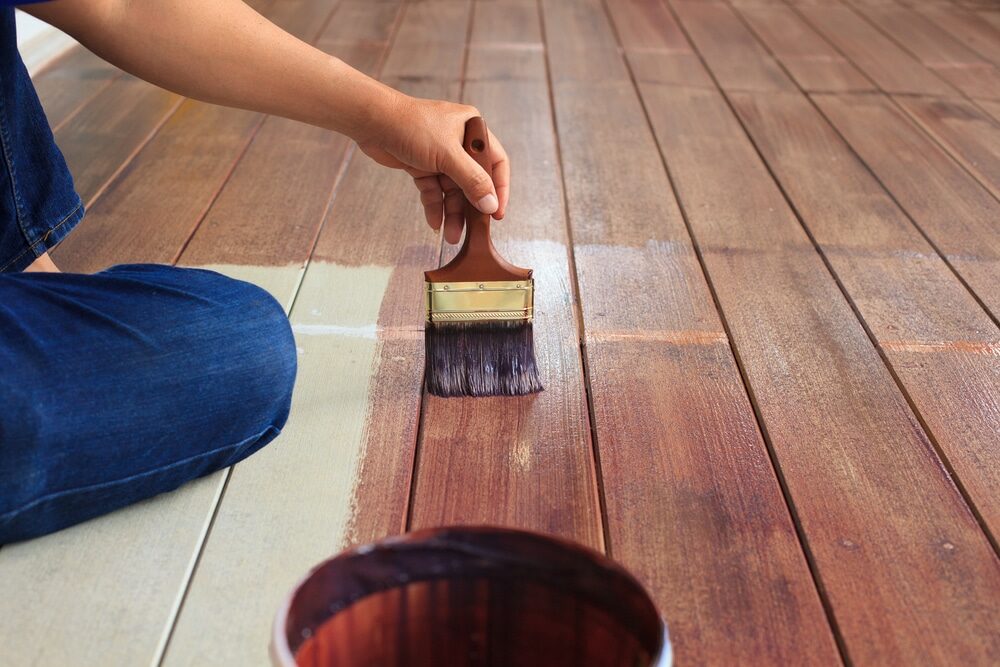
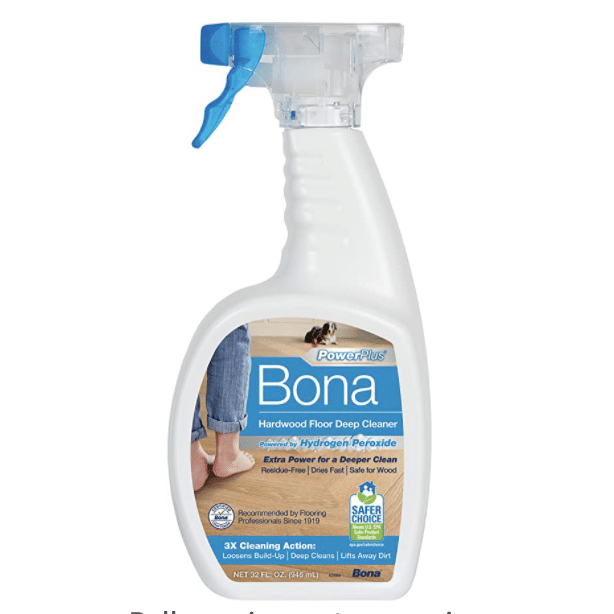
Conclusion
While no single solution can completely eliminate allergens from your home, choosing hardwood flooring can significantly reduce the concentration of these allergy triggers in your living space. With their non-porous surface, ease of cleaning, resistance to mould and mildew, longevity, and lack of off-gassing, hardwood floors are an excellent choice for homes where allergies are a concern. Regular maintenance further enhances these benefits, providing a healthier and more comfortable environment for allergy sufferers.
Remember, every step towards reducing allergens in your home contributes to better health and well-being for you and your loved ones. Making an informed decision about your flooring is one such crucial step, making your home not just beautiful but also a safe haven from allergies.

Sanding
We provide virtually dust-free sanding with our continuous belt machinery with mobile extraction units, giving you a safer environment for your family.
Oiling
This organic finish not only adds beauty to your home but also has exceptional water-repellent characteristics, making it easier to clean and maintain.
Waxing
This natural floor finish offers the softest and most mellow appearance – and leaves your floor able to breath.
Buffing
Using soft buffing machines (and hand-polishing where required) will bring a wonderful sheen to your newly-finished floor.
Repairs
We offer a full assessment of your wooden floors to determine what repairs are needed to provide the perfect working surface for the later stages of sanding, staining and sealing.
Restoration
We offer a comprehensive restoration process designed to address floors that are improperly fitted or damaged over time through wear and tear.
Request a fixed price quote for your wood floor restoration now
Simply enter your postcode below to get started.
Services
Wood Floor Sanding Wood Floor Restoration Wood Floor Scratch Repair Squeaky Wood Floor Repair Parquet Floor Sanding Parquet Floor Restoration Commercial Floor Sanding Church Floor Sanding Community Centre Floor Sanding School Floor Sanding Gap Filling Gap Filling with ResinCopyright © Mr Sander®
Privacy & Cookies Terms & Conditions Complaints Procedure Cancellation Rights Sitemap